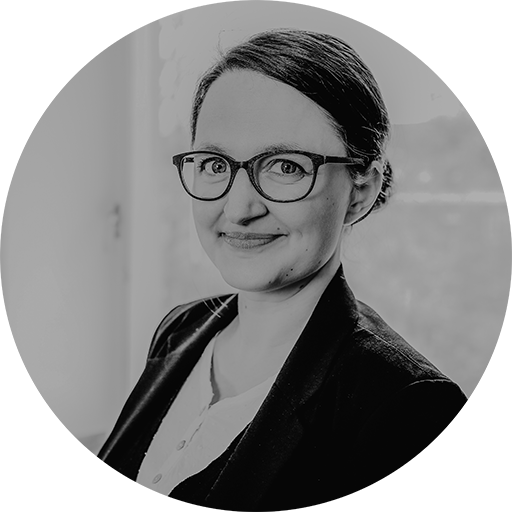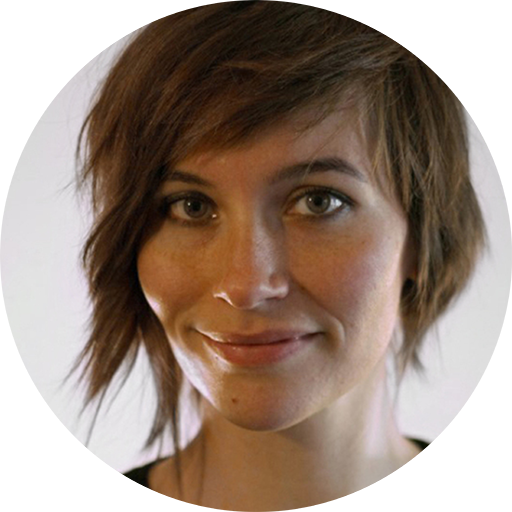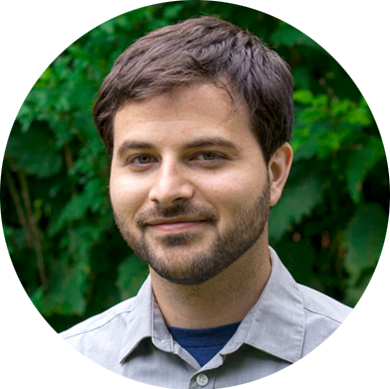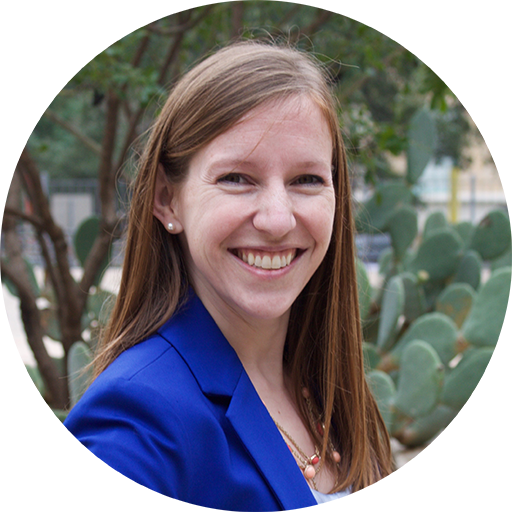Speakers
The Summer School will a host a number of renowned communication scholars from around the world. The following list is not yet final, more details will follow.
The Summer School will a host a number of renowned communication scholars from around the world. The following list is not yet final, more details will follow.










Prof. Thorsten Quandt is professor of online communication at the University of Münster. His work is focusing on dysfunctional forms of online use, cyber propaganda/populism, and VR/AR. He is the associate editor of Journal of Communication and the chair of ECREA’s Digital Games Research section.